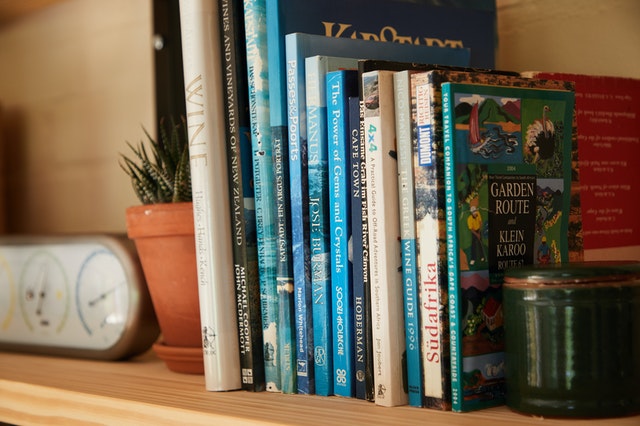When is the subjunctive mood used in English?
In English, the subjunctive is used to talk about hypothetical situations or desires.
“If only I were 3 years older”. If only I were 3 years older.
“She may not come.” She may come.
We can also use it to explain recommendations:.
“The doctors recommend that we avoid certain types of substances to be healthier.” Doctors recommend avoiding certain substances in order to be healthier.
How to form the subjunctive
In English the subjunctive does not have a specific formThe verb is a verb with a pattern to be studied, so it can be confused with other verb forms with an established structure. However, in these small confusions, we can sometimes detect the subjunctive mood with ease. 
- One trick is found when we see a subject with the verb be “incorrectly”.
“I wish I were tall ” I wish I was tall.
Knowing the verb To Bewe know that the subject in the first person I, is followed by was, if we were to speak in Past Continous. This is where we understand that it is expressed with the imperfect subjunctive, and it is not a mistake, but a wish.
Remember that to speak in the subjunctive you have to change the form of the verb be, from I was… to I were … This way you will avoid this common mistake.
- The next trick is the absence of the “-s” in the third person, when it normally appears. Let’s see it in the following example;
“It is advisable that she
practice
Yoga regularly.” It is advisable that she practice yoga regularly.
Possible subjunctive conjugations
- The verb TO BE has explicit forms for the present subjunctive, although its use is not very frequent. We simply use “BE”: I be, you be, he/she be.
“Daniel claims that Clara be promoted at work.”
Daniel supports Clara being promoted at work.
- In the third persons in the subjunctive we do not add the -s:
“I recommend every person here wear a mask”. I recommend each person to wear the mask.
- In its refusal, no auxiliary is not used DO.
“It was advised that schools not spend more money on new uniforms”.
It was recommended that schools not spend more money on new uniforms.
- It usually appears in sentences with “that” before verbs to express insistence, recommendations, or demands, among others.
“It is crucial that he be here one hour before the driving exam.”
The guard insisted that he leave the establishment immediately.
- As you may have already guessed, it is very common to use the subjunctive in subordinate clauses, in which we have already talked about with
conditionals
with the following structure;
It + To Be + Adj + That
“
It is necessary that she eat more fruit”.
It is necessary that she eat more fruit.
“It is advisable that he spend more time studying. It is advisable to spend more time studying.

